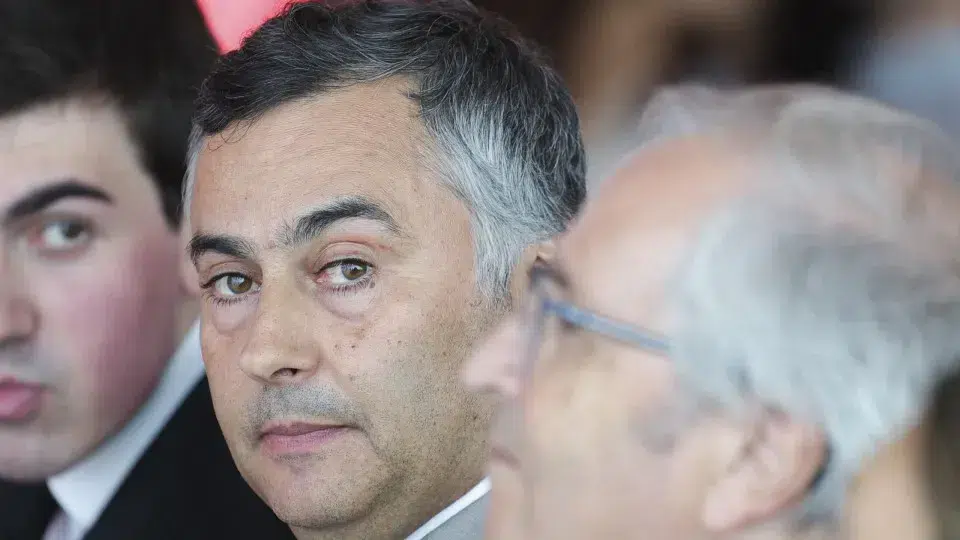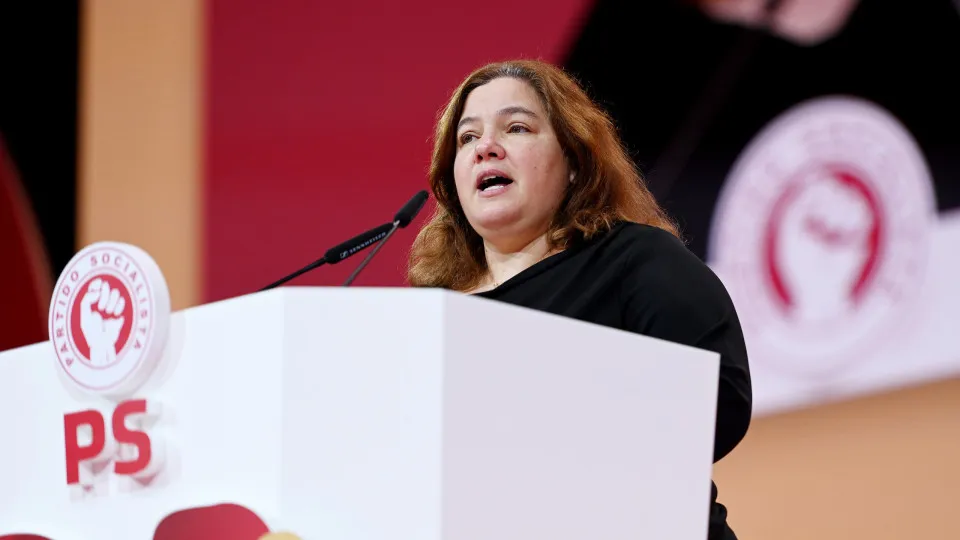
Education Minister Fernando Alexandre has confirmed that, starting in the 2026/2027 academic year, tuition fees for undergraduate and integrated master’s programs in public higher education will be adjusted for inflation, lifting a freeze in place since 2020. The annual maximum fee, previously capped at 697 euros, will increase to 710 euros. This announcement was made on Tuesday, September 2, following the presentation of a study on Social Action in Higher Education by the Center for Economics of Education at Nova SBE, held at Teatro Thalia in Lisbon.
The minister assured that “nobody” will be “excluded from accessing higher education” due to economic reasons. “It’s an annual increase of 13 euros, but no one can be excluded from higher education for financial reasons. Tuition fees are a cost of attending university, and the calculation of social action scholarship amounts must consider this cost,” he stated.
Justifying the decision, the minister argued that the freeze “benefits students with higher incomes more” and stressed that tuition fees are essential for higher education institutions to pursue “strategies of excellence.” In keeping with this stance, Fernando Alexandre advocated for greater autonomy for institutions in setting master’s program fees and, speaking to journalists after the session, dismissed any maximum cap on tuition fees universities and polytechnics can charge.
“We expect that higher education institutions charging high tuition fees, as many already do, will allocate a significant portion of these revenues to ensure that students who lack the means to attend these programs, but have the academic ability to do so, are not deprived of access,” he emphasized, insisting that tuition fees also enable institutions to be competitive internationally.
Based on the findings of the study presented on Tuesday, the Government plans to revise the Regulations for the Granting of Scholarships to Higher Education Students. Fernando Alexandre indicated that the changes will be approved by the end of the year, to be included in the 2026 State Budget, allowing the new regulations to come into effect at the beginning of the 2026/2027 academic year.
Young graduates must choose between IRS Jovem or tuition fee refunds
In the same address, the minister announced that young higher education graduates who are not yet benefiting from tuition fee refunds will be able to receive the qualification enhancement award, but must choose between this support or the IRS Jovem.
“Previously approved requests will continue to be paid, as announced yesterday (Monday) by the Tax Authority. However, for new requests, graduates will choose between the salary bonus and the IRS Jovem,” he explained.
It should be noted that the salary bonus for qualification enhancement, essentially a refund of tuition fees, is intended for young people up to 35 years old residing and working in Portugal. This measure was approved by the government led by António Costa in 2023 and included in the 2024 State Budget.
The 2025 State Budget did not mention this mechanism, and for several months, the government’s portal, where requests are submitted, stated that “new requests are not being accepted” and “the deadline to submit requests for 2025 has not been announced,” raising doubts about the continuity of the measure.
In February, the Minister of the Presidency, António Leitão Amaro, indicated that the government was assessing whether the tuition fee refund mechanism could be combined with the new IRS Jovem.
“What they presented to us is precisely a step back”
The PS party accused the government of making a “wrong decision” by unfreezing tuition fees, viewing it as a step back that will increasingly limit access to higher education to those who can afford it.
“What we do not understand is how this government, which seemed so willing and prepared to provide these answers to this generation, to young people and their families, now fails to deliver. What they presented to us is precisely a step back,” criticized PS deputy and JS secretary-general Sofia Pereira in statements to the Lusa news agency.
Students threaten “to respond in the streets” to “terrorist” proposal
Students have vowed to challenge the government over the tuition fee increase, with protests “in the streets” across the country.
“We do not accept this attempt to increase tuition fees or any other that may follow, and we assure that if the government does not reverse its intentions in the 2026 State Budget framework, students will respond in the streets, united in protest,” stated the Student Association of the Faculty of Social and Human Sciences (FCSH) at the Universidade Nova de Lisboa (UNL) in a statement to newsrooms.
In the same note, the association assures that “we will not give this government any rest with this terrorist proposal, and we are certain that with the unity of the student movement, indispensable at this moment, we will prevent the increase in tuition fees and move towards their elimination.”
For minister, reducing tuition fees would be “regressive”
Hours after the tuition fee increase announcement and the ensuing reactions, the Minister of Education gave an interview to SIC Notícias, where he dismissed the criticisms.
Fernando Alexandre rejected the idea that increasing tuition fees sends a “wrong signal” regarding higher education, highlighting the new model of social action. He assured that, even if there are protests, he will not reverse the decision.
Asked about the “retrogression” accusations from the PS, the minister maintained that, on the contrary, it represents progress.
“There is a great inequality in access to higher education. Reducing tuition fees would mean the whole society pays for the education of those privileged to attend higher education, and this is regressive,” he said, taking the opportunity to criticize the Socialist Party.
“The PS wants universities to rely solely on the government. They have an outdated view, are out of touch with reality, and do not understand the conditions for a competitive university system,” he remarked, reminding that the government had already announced the resumption of tuition fee adjustments last year, following the introduction of the new social action model.




